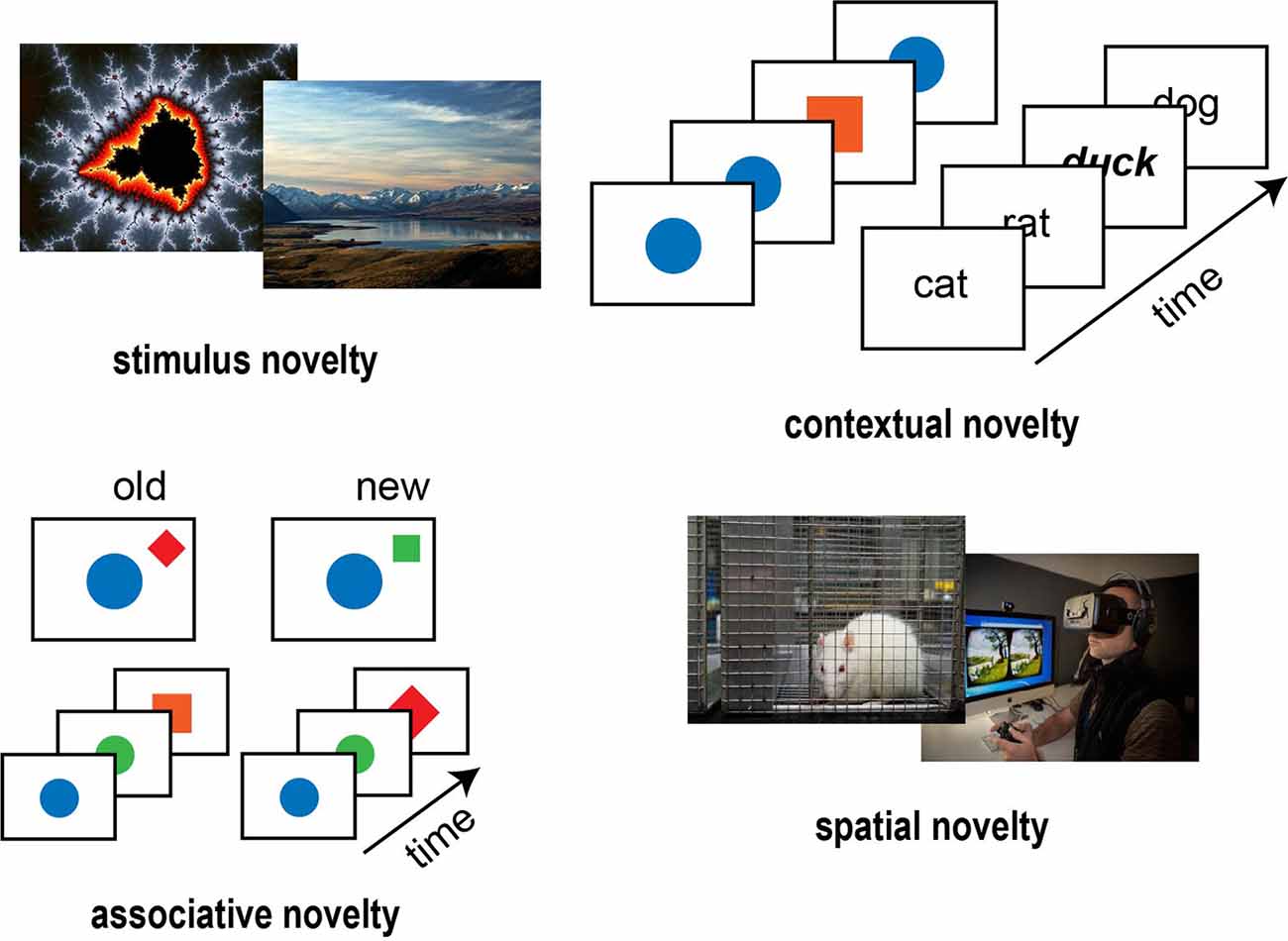 A current Court review found that, Google deceived some Android users about how to disable individual location tracking. Will this choice really alter the behaviour of big tech business? The answer will depend on the size of the charge awarded in action to the misbehavior.
A current Court review found that, Google deceived some Android users about how to disable individual location tracking. Will this choice really alter the behaviour of big tech business? The answer will depend on the size of the charge awarded in action to the misbehavior.
There is a conflict each time an affordable individual in the relevant class is misinformed. Some people believe Google’s behaviour must not be dealt with as an easy accident, and the Federal Court ought to provide a heavy fine to hinder other business from acting this way in future.
The case developed from the representations made by Google to users of Android phones in 2018 about how it got personal place information. The Federal Court held Google had actually misled some customers by representing that having App Activity turned on would not allow Google to obtain, retain and use personal data about the user’s location”.
A Guide To Online Privacy With Fake ID
In other words, some customers were misguided into believing they might manage Google’s place information collection practices by turning off, Location History, whereas Web & App Activity also required to be handicapped to provide this overall protection. Some individuals understand that, sometimes it might be needed to register on sites with numerous individuals and pretended particulars may want to think about yourfakeidforroblox!
Some companies also argued that customers reading Google’s privacy declaration would be misguided into thinking personal information was gathered for their own benefit instead of Google’s. The court dismissed that argument. This is surprising and might should have additional attention from regulators worried to safeguard customers from corporations
The charge and other enforcement orders against Google will be made at a later date, but the objective of that charge is to prevent Google specifically, and other companies, from taking part in deceptive conduct once again. If charges are too low they might be treated by wrong doing firms as merely a cost of working.
Do You Make These Simple Mistakes In Online Privacy With Fake ID?
In circumstances where there is a high degree of corporate responsibility, the Federal Court has shown determination to award greater quantities than in the past. When the regulator has actually not looked for higher charges, this has actually taken place even.
In setting Google’s charge, a court will think about factors such as the extent of the misleading conduct and any loss to consumers. The court will likewise consider whether the wrongdoer was involved in intentional, careless or concealed conduct, instead of carelessness.
At this moment, Google may well argue that only some customers were misguided, that it was possible for customers to be notified if they find out more about Google’s privacy policies, that it was only one slip-up, which its conflict of the law was unintentional.
Want An Easy Fix For Your Online Privacy With Fake ID? Read This!
But some individuals will argue they ought to not unduly cap the charge awarded. But similarly Google is an enormously lucrative business that makes its money exactly from acquiring, arranging and using its users’ personal data. We think therefore the court needs to look at the variety of Android users potentially affected by the misleading conduct and Google’s responsibility for its own choice architecture, and work from there.
The Federal Court acknowledged not all consumers would be misguided by Google’s representations. The court accepted that lots of customers would merely accept the privacy terms without evaluating them, an outcome consistent with the so-called privacy paradox. Others would examine the terms and click through for more details. This might sound like the court was condoning consumers recklessness. In fact the court utilized insights from economic experts about the behavioural predispositions of customers in making decisions.
Plenty of consumers have restricted time to check out legal terms and restricted ability to understand the future dangers arising from those terms. Therefore, if consumers are concerned about privacy they might try to restrict data collection by choosing different alternatives, but are unlikely to be able to comprehend and check out privacy legalese like an experienced legal representative or with the background understanding of an information scientist.
The number of customers misled by Google’s representations will be hard to evaluate. Google makes significant earnings from the large amounts of individual data it collects and retains, and revenue is essential when it comes deterrence.
